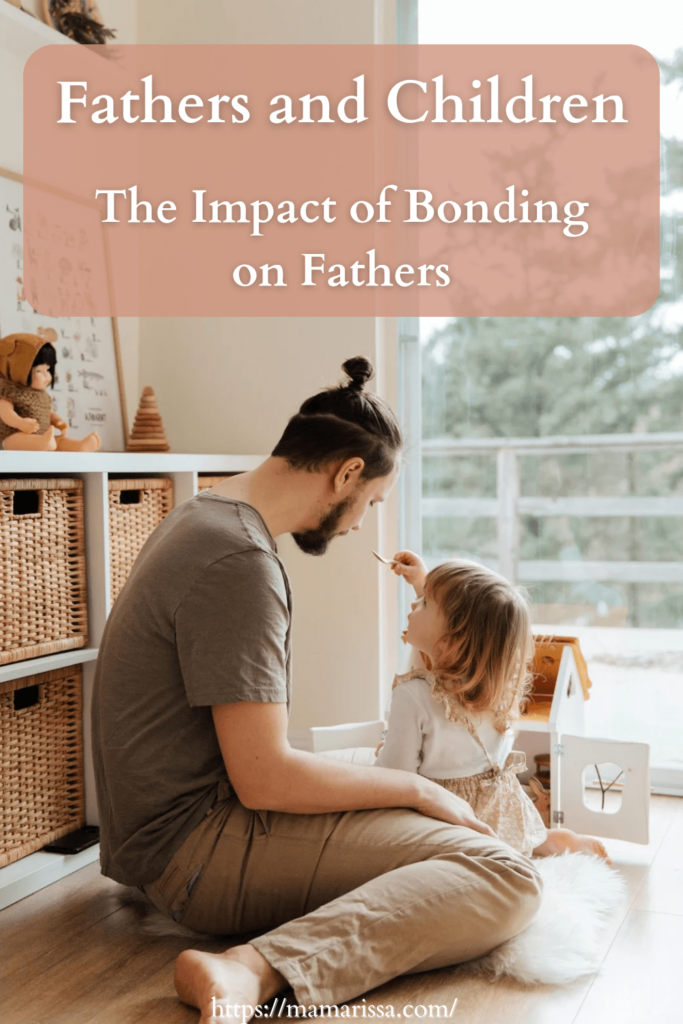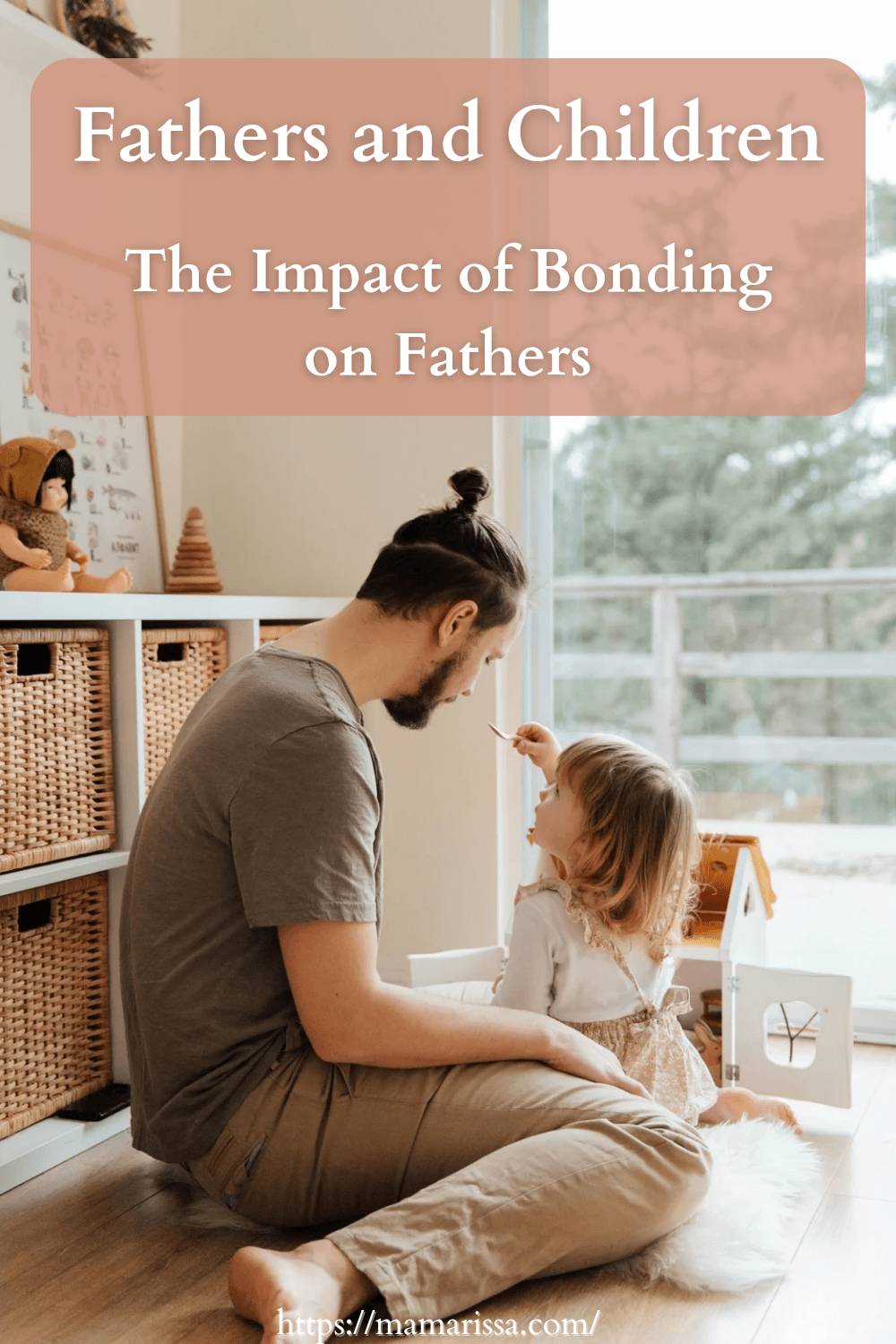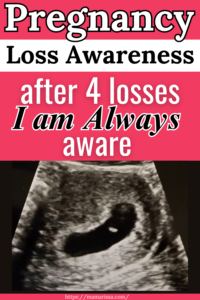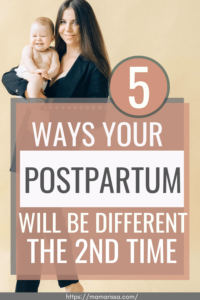Your cart is currently empty!
Fathers and Children – The Impact of Bonding on Fathers
I’ve been wondering something about fathers and children: How does having children affect a man? What does it mean for a father to bond with his children and how does that impact his life?
There is a lot of discussion around how mothers are affected by their children. But there is considerably less discussion about how children affect their fathers.
Since Father’s Day is coming up, I think now is the perfect time to address this topic.

Several years ago, I wrote a post looking at some studies on the impact fathers have on their kids – for better or worse depending on the type of father involved. What I discovered while writing that post was enlightening.
But now I want to know about the other side. What impact does having children have on a father?
Hey Mama, if you find my blog posts helpful, would you help support this blog by making purchases through product links on this page? It will not cost you any extra but the commissions I receive as an Amazon and brand affiliate help to cover the costs of operating this blog so that I can keep it running ad-free. Thank you so much for your support. You are literally the reason this blog was started and the fuel that motivates me to keep it going!
Where it All Starts with Fathers and Children
The impact children have on their fathers begins the moment they are born – if not before.
We all joke sometimes about how fathers sometimes put on “pregnancy weight” along with their wives while expecting a baby. We’ve also probably all heard of men having “sympathy pregnancy symptoms” such as nausea, cravings and tiredness.
Read about my simple solutions to ease pregnancy pains here.
But here is something that may surprise you about fathers and children: A new father’s brain and body do actually change when his child is born. That’s right, Mama. We aren’t the only ones who go through a hormonal and physiological shift during our transition to parenthood!
In an article by BBC’s Tiny Happy People, Dr. Anna Machin discusses how men change as they become fathers. Dr. Machin is the author of a book entitled “The Life of Dad” in which she discusses her findings in a decade-long study of new and expectant fathers.
In the BBC article, Dr. Machin explains the various ways men experience the change to fatherhood. The biggest hormonal shift that happens is a drop in testosterone. Dr. Machin says lower testosterone causes men to be more tender, caring and patient, enabling them to be better care-takers of their children.
Oxytocin and dopamine are also able to have a greater impact on a new dad with less testosterone in the way, Dr. Machin notes. This leads to dads being able to bond better with their baby, just like those same hormones allow a new mom to bond with her baby. This effect is especially powerful when dads play with their babies. And that hormonal happiness is present in the baby as well.

An important point to note here is that not all of a man’s feelings are pleasant when becoming a father. Just like mothers, fathers can experience postnatal depression and anxiety, as one therapist expounds on in this Slate article about the mental health of new fathers. There is a lot of pressure on dads to take care of their recently expanded family. Not to mention all of the uncertainty of how to handle the new little person.
Read how to get your husband excited about having a baby girl here.
Sometimes it’s easy for everyone to focus on the mother-to-be and her anxieties. In the meantime, the father is likely also having his own – less obvious but similar – internal struggles.
But this is not to say that fathers experience becoming a parent in all the same ways as mothers. This systematic review of studies on paternal bonding found that a different part of a father’s brain is activated when taking care of his child than for a mother taking care of her child.
And while mothers often feel empowered during labor, fathers reported feeling “powerless and tormented” and unsure of their place, according to the review. Fathers also reported feeling distant and excluded during prenatal care by medical professionals and by their inability to feel the baby move the way an expectant mother can.
Read how to progress labor in this post
More specific definitions of what bonding between fathers and children consists of and whether it begins during pregnancy or after birth were highly conflicting among the studies evaluated in the review. However, something that stands out among several studies is that initial physical contact and interaction between fathers and their newborn babies is an essential part of creating the father-child bond.
Additionally, taking an active role in diaper changes, feedings and holding their baby was noted as an important factor in promoting bonding between a father and his child. On the other hand, a mother breastfeeding made it difficult for a father to feel like he could connect with and care for his child.
Basically, the more time a father spends with his baby and the more he acts as a caretaker, the more of a bond forms between him and his child.
The Bonding of Fathers and Children Over Time
But what about beyond the baby stage? How are fathers impacted by their children as they mature?
Similar to the prenatal and baby stage, in some ways, fathers are quite similar to mothers in their feelings about their parenting role. And in other ways, they are different. Also like the early stages of parenting, some of the influences on fathers as their children age are positive and some are negative. After all, we all know how wonderful but difficult parenting can be.

But despite the challenges of parenthood, it is apparently quite satisfying for men. Being a parent appears to increase the lifespan of fathers even more than it does for mothers, according to this article on the impact of fatherhood on men’s health. Even unmarried fathers who no longer live with their families by their child’s first birthday feel that being a father adds meaning to their lives.
Unfortunately, according to surveys conducted by Pew Research in 2013, almost half of fathers feel they do not spend enough time with their children. However, the same research shows that fathers in 2011 spent almost triple the amount of time with their kids as they did in 1965.
This combination seems to indicate that fathers want to spend time with their children but their other responsibilities hinder them from doing so. However, as more mothers have entered the workforce, fathers have had some opportunity to spend more time with their kids.
Read about the 24/7 career of motherhood here
Indeed, the pandemic clarified the need for fathers to spend more time with their kids. In Harvard’s article on how the pandemic impacted relationships between fathers and children, there are some amazing findings. Some of these findings are that 68% of fathers felt closer to their children, 54% were paying more attention to their children’s feelings, 52% of their children were talking to their fathers more, and 51% were doing more together of what their children were interested in since the beginning of the pandemic.
Obviously, given the opportunity, fathers desire to spend that time with their children. And, when they do, fathers naturally feel more bonded to their children – just like when their children were newborns. So it seems that there is a recurring theme of quality time together as a requirement for fathers and children to bond.
It also seems that fathers have been wanting to bond with their children since before they were born, but various factors often prevent them from fully doing so. From being hidden in the womb to being fed by the mom to being separated by work and lack of time together, children are often out-of-reach to fathers on an intimate level.
Read what ecological breastfeeding is in this post.
An obvious detriment to fathers and children bonding is the simple fact that the father providing financially for the family often must take precedence over spending quality time with the family. Fathers of certain socio-economic status are even financially rewarded for becoming a father while simultaneously continuing to devote most of their time and effort to the workplace based on this American Progress article on work-life balance for men and families.

Another factor which may contribute to preventing adequate bonding between fathers and children is maternal dominance in the everyday life of the children. According to Pew Research, Fathers are more likely than mothers to feel criticized or judged by their spouse for parenting choices they make.
This makes sense when mothers are often the primary caretakers and, by default, enforce most of the rules. When the father tries to step in to moderate a situation on which he has limited involvement or knowledge, a mother can become a bit territorial. The unfortunate result of this is that the father gets shooed away from becoming involved.
Read here why you should let Daddy do it his way sometimes.
In the end, there will likely always be barriers to fathers and children spending adequate time together, which means creating and maintaining a bond will always be a work-in-progress. But the research is clear that being a father and connecting with children changes and challenges a man.
It changes his hormones to make him more gentle. It challenges his priorities. It emphasizes the multiple ways in which he must fulfill his role. It adds meaning to his life. And it even adds days to his life.
The Importance of Father-Child Quality Time
As we have seen from the research, time together is an important element in fathers and children being able to bond and maintain a bond. If time is hard to come by for fathers, maximizing the quality of time spent together may be the best solution.
Even if fathers and children don’t have enough time together, they can still impact one another significantly by the quality of activities they do together. As this Washington Post article on quality time with kids notes, the amount of time parents spend with their children is not as indicative of future success as we all assume. Instead, it would seem that what you do together is more important than how much time you spend doing things together.
So if you are a busy working father with little time to spare for home life, don’t let the guilt rule you. Having less time with your kids does not mean your relationship with them will disintegrate. It is more beneficial to focus on what matters most and do those things with your kids. Even a short time each day of positive and loving interaction can have a big impact on you both.
To get my free list of activities that fathers can do with their children – even if you don’t have much time – enter your email address below.
Did you find this post interesting or helpful? If so, please share it via the social media buttons!


One response to “Fathers and Children – The Impact of Bonding on Fathers”
[…] Read about the impact bonding with kids has on fathers here. […]










Leave a Reply